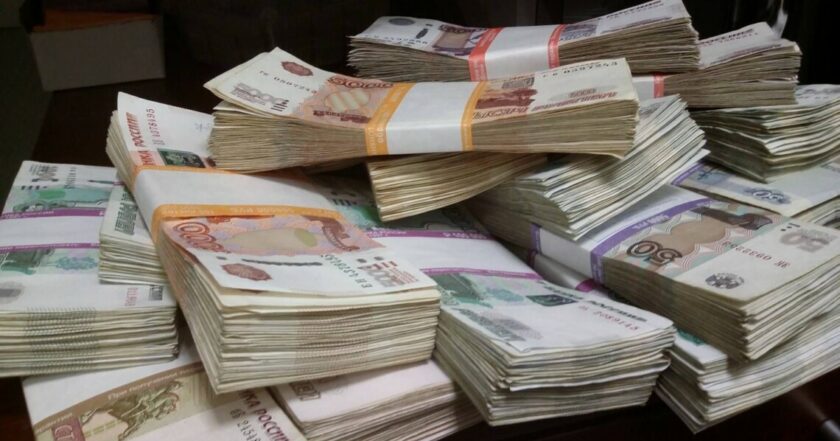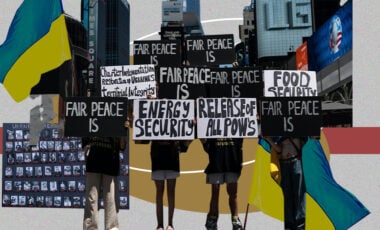EU and G7 discuss possible use of frozen Russian assets to aid Ukraine – Bloomberg

The countries of the Group of Seven (G7) and the European Union are discussing the option of using the frozen assets of the Russian Federation to help Ukraine. More than 250 billion dollars from the central bank of the Russian Federation intends to be spent on restoring Ukraine.
Bloomberg reported this.
According to Bloomberg's sources familiar with the situation, the EU and G7 are considering the possibility of selling Russian government debt by utilizing frozen assets as collateral.
Allies expect that following the conclusion of the war, Russia will be required to compensate Ukraine for all the damage inflicted. In the event of refusal, Russia may face claims for its frozen assets.
Currently, the discussion, according to Bloomberg sources, is being conducted at a technical level. A political decision has yet to be made, but one Bloomberg spokeswoman said some countries want to move faster than others.
Another Bloomberg source said the plan discussed by the EU and the G7 could create a special company that would issue zero-coupon, collateralized, callable bonds. According to the source, a collateral hierarchy will be established using assets owned by Euroclear and Western banks.
It should be noted that Ukraine's partners are hurrying to agree on a plan to confiscate 300 billion dollars of frozen Russian assets. So far, the US has asked G7 working groups to explore ways to do this.
For reference:
From 2022 to 2023, and as of the beginning of August, the Security Service of Ukraine seized the assets of Russian business people financing the war, worth almost 190 billion hryvnias.
In addition, the assets of Russian oligarchs are being seized abroad:
- Great Britain has frozen more than 18 billion pounds ($23 billion) of assets and imposed sanctions against more than 1,550 Russians since the Russian Federation's full-scale invasion of Ukraine and as of mid-June this year.
- In the Czech Republic, the assets of Russian oligarch Volodymyr Yevtushenkov, who is close to Russian President Vladimir Putin, were frozen.
- Poland also offered to give the frozen assets of the Russian Federation to Ukraine and EU countries.
- In Germany, blocking Russian assets worth more than 4 billion euros was possible.
- The EU is studying the procedure for the confiscation of 200 billion euros of frozen assets of the Russian Central Bank. The European Commission is also developing its proposals.
- Belgium created a special fund to support Ukraine in the amount of 1.7 billion euros, filled with taxes on Russian assets frozen in the country.
- In July, Italy announced that it had frozen the assets of Russian oligarchs worth about 2 billion euros after the Russian Federation invaded Ukraine last year.
- European Union ambassadors agreed on January 29 to use the profits from frozen Russian assets to help Ukraine.

















































